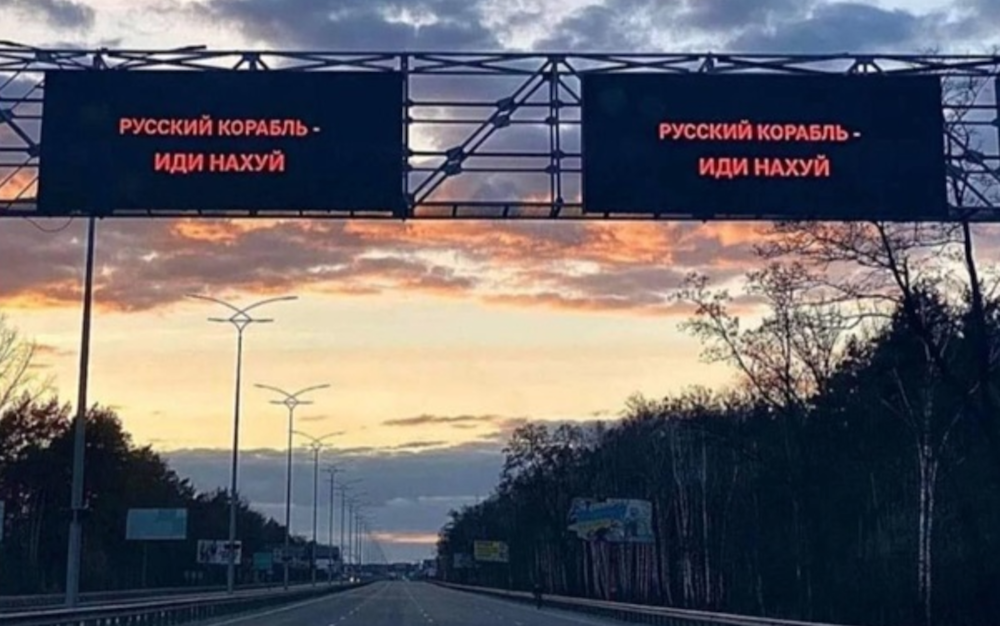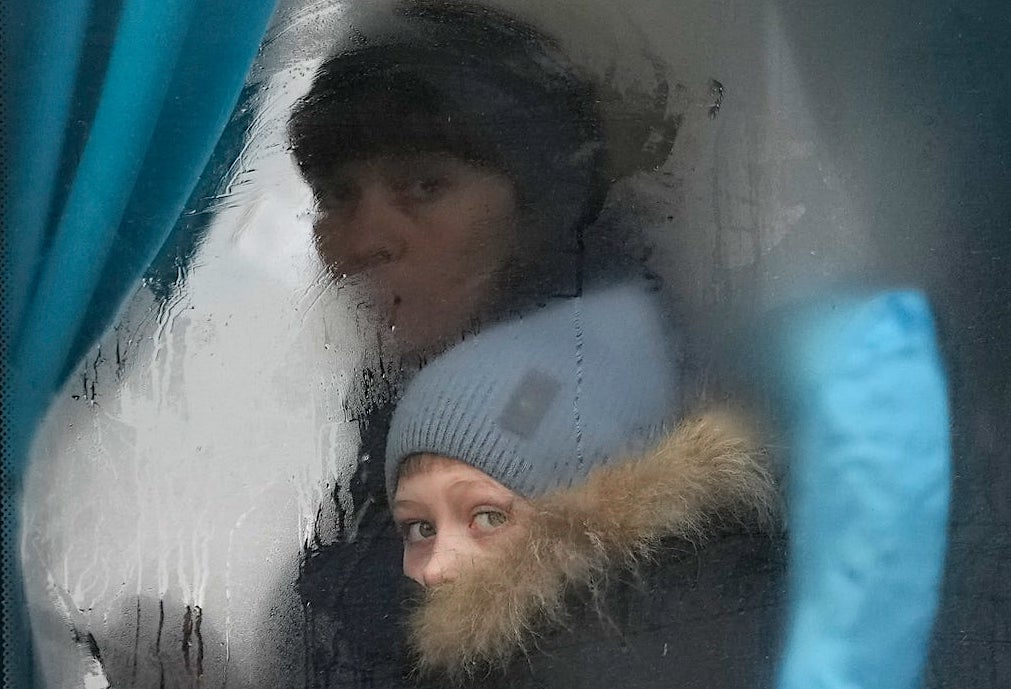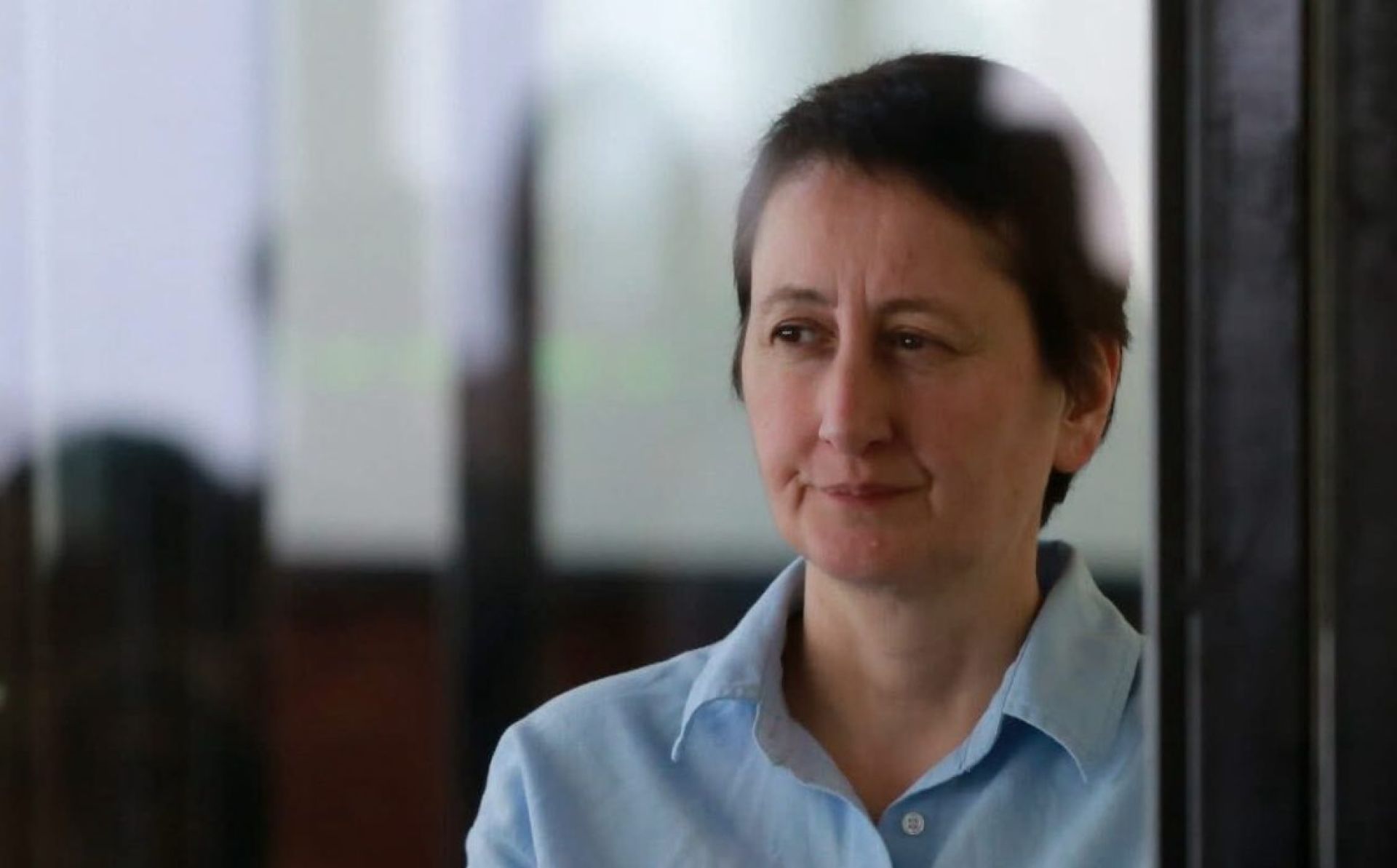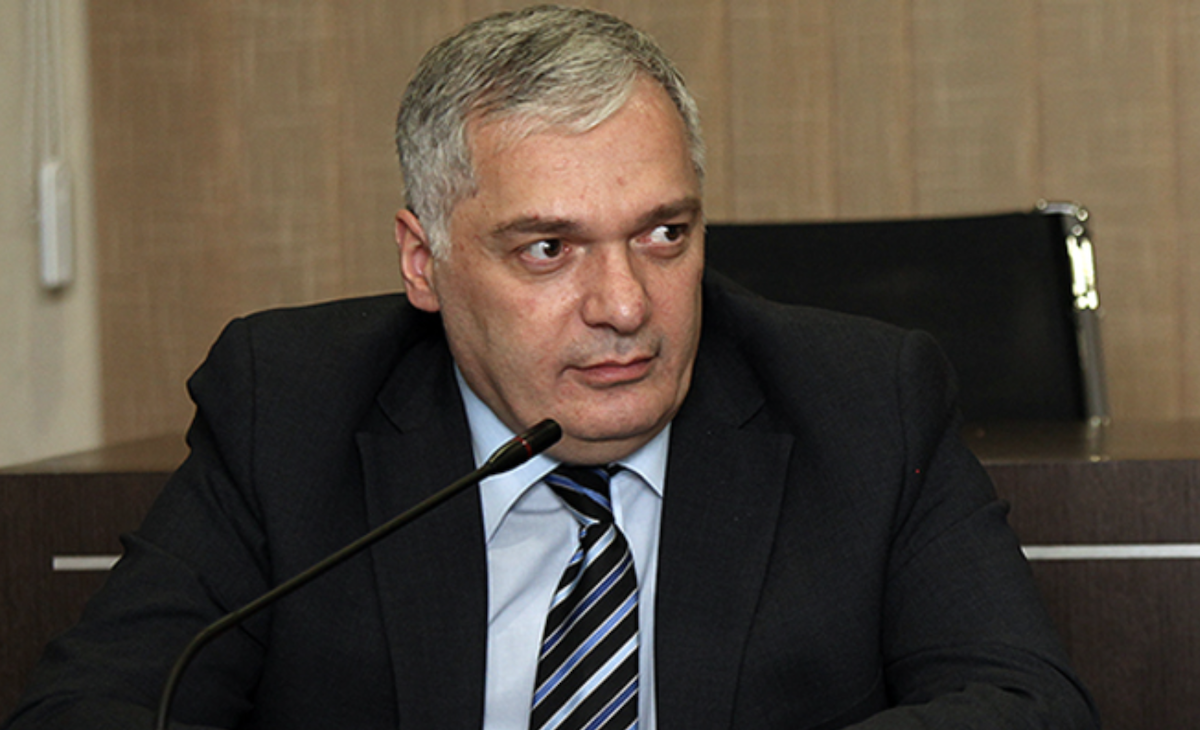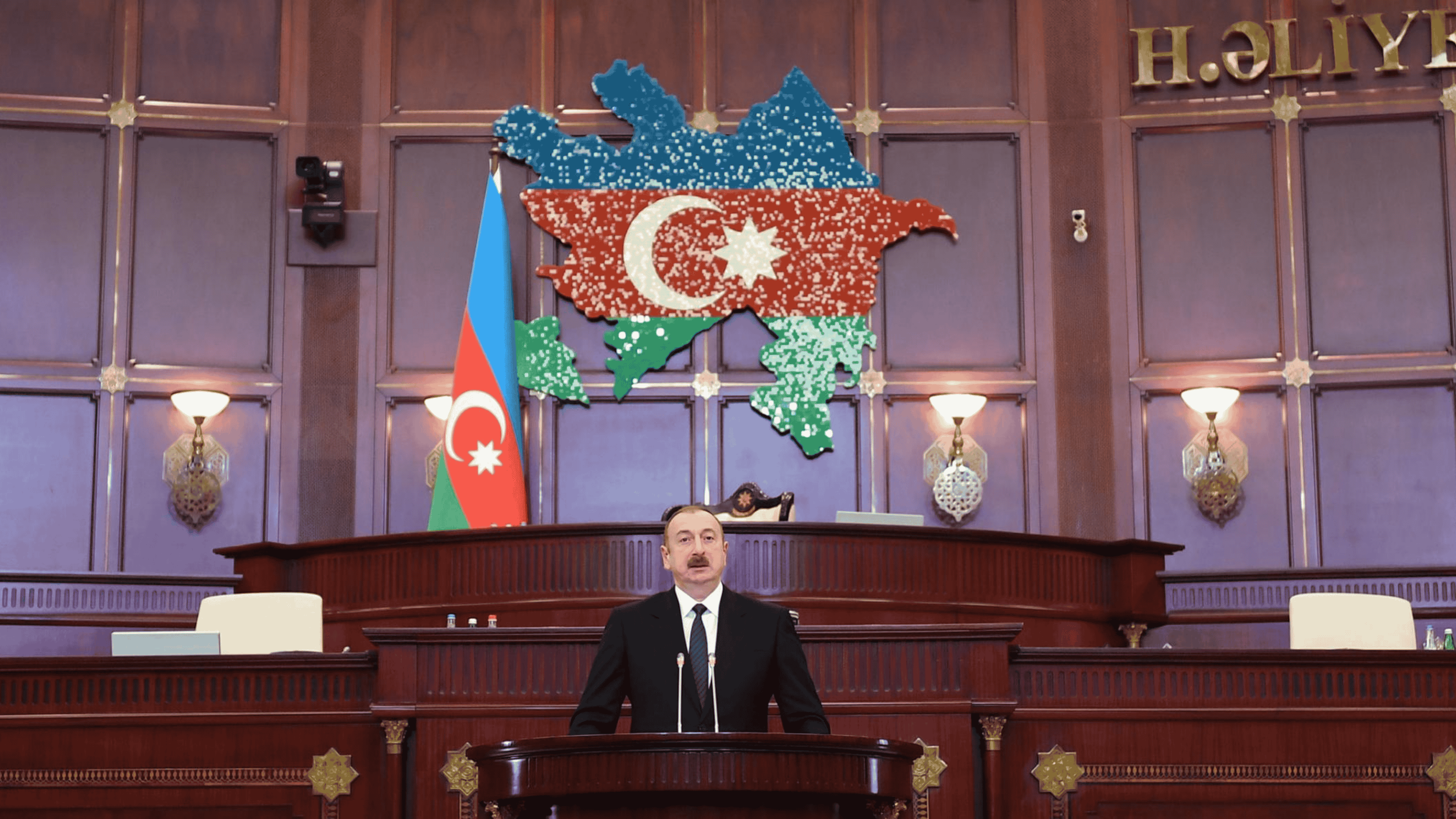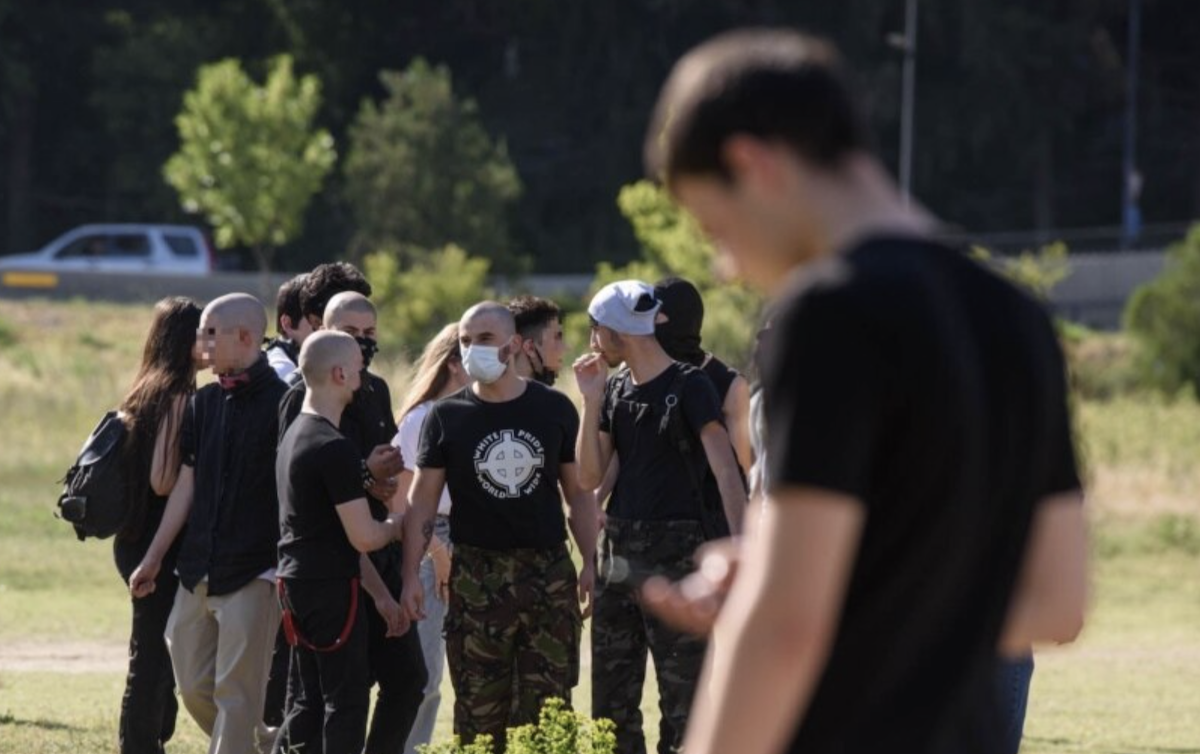"Mom, we got betrayed" - stories of Russian soldiers-participants in the Ukranian war
Russian soldiers in Ukraine
The Russian invasion of Ukraine began on February 24, but so far neither the parents of Russian soldiers, nor the society as a whole, have any reliable information about the fate of the military sent to Ukraine, as well as about the losses of the Russian army. The Russian independent publication Novaya Gazeta spoke with the mothers of Russian soldiers sent to war.
We do not know the real losses suffered by the Russian army in Ukraine. Different sources give different figures, but they are all terrible, and there is no confirmation or refutation from the Russian Ministry of Defense.
Just two conversations with relatives of young Russian soldiers, with the mother of one and the grandmother of another, explain a lot.
They allowed to give their full names and the names of their children, because now these women are exhausted with anxiety: they just want to know where the children are now. The command did not provide them with even a simple answer.
Pavel Abramov
His mother’s name is Elena Alexandrovna Abramova:
“My son is a school teacher of English and French by profession. He serves in a motorized rifle brigade with the rank (according to his mother) of a corporal.
Pavel graduated from the university and immediately got into military service. He was drafted, despite the flat feet and generally not very good health”.
From the Ryazan region, where his mother lives, he was sent to serve in the Far East, and there, according to his mother, he changed his mind about professionally defending the Motherland. But then he “voluntarily-compulsorily” signed a contract.
Pavel signed a two-year contract in September 2021. He did not receive the promised 45,000 (about $400), according to Elena. His allowance was 27,000 rubles ($240).
Not having served even a year, Pavel Abramov ended up on a “special operation” in Ukraine. Since then, his mother does not know at all where her son is, what is wrong with him, whether he is healthy and whether he is alive at all.
“My son was deceived”, she repeats this phrase in a refrain. “My son was deceived”.
Pavel Abramov is 23 years old.
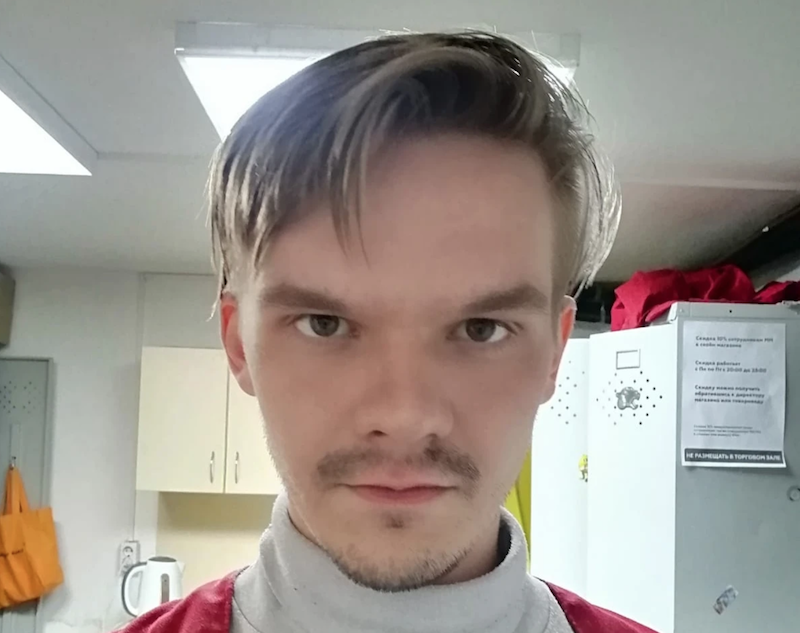
“Pavel served in the Eastern Military District”, says Elena. “The entire Far East – Primorsky Territory, Khabarovsk Territory, Amur Region, Transbaikalia – was sent to Bryansk for exercises in January. All the soldiers were allowed to familiarize themselves with the order, the travel list was also signed.
The train from the Far East to the very west of the country travelled for two weeks. In early February, he arrived in the Bryansk region. Contractors are allowed to have simple push-button phones, and Pavel got in touch with his mother every day. Therefore, she knows that their unit stayed in Bryansk for about four hours.
All these hours the military remained in the cars, they were forbidden to leave – and then the train went to Belarus.
Elena, meanwhile, was reading on the news that joint exercises with Russia were planned in Belarus, and she was not worried about her son any more than usual.
“My son got in touch every day for a minute, because there is still roaming. But I need to hear his voice – and nothing else is needed. On February 7, they were told about joint exercises with Belarusian troops”.
On this day, Pavel did not just call his mother. He shouted that he was “morally broken”. With difficulty, she reassured her son, but she herself has been restless since that moment.
The exercises, Elena learned, were to end on February 20, but on the 16th Paul told her that they had ended ahead of schedule. In the news, Elena saw that the Western press was slandering Russia with might and main, claiming that it was on this day that Russia would allegedly attack Ukraine. Elena read it and laughed at the deceitful and stupid West.
“That’s it, mom, we’re done, we’re going home”, my son told me so”, she recalls. “We also watched the news and thought: well, great, you see how they lie, this Western propaganda, what kind of military operations are you they talking about?”
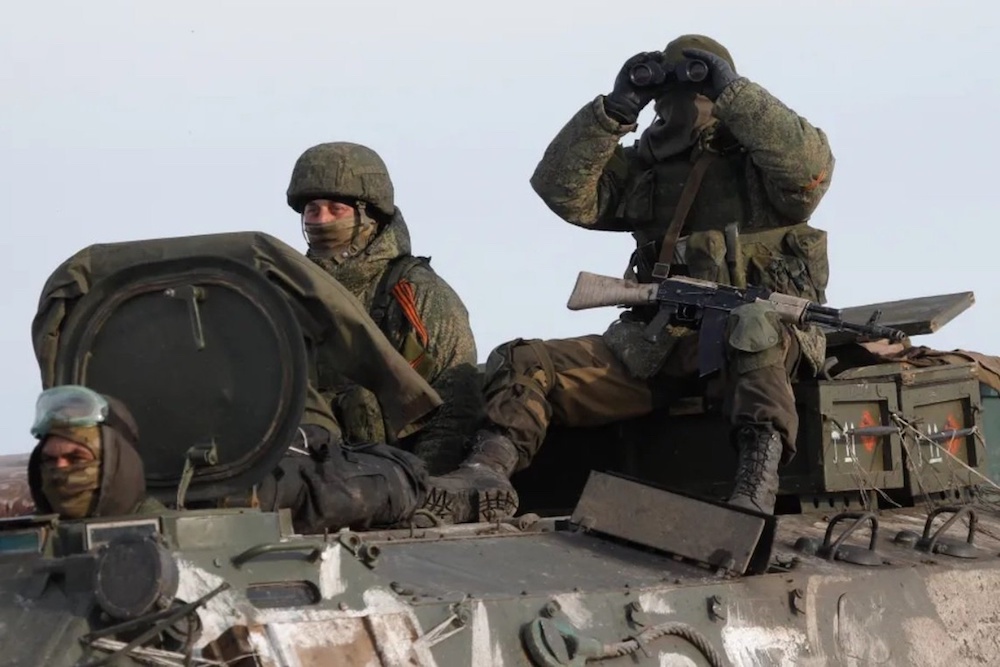
But on February 16, her son and colleagues were not taken back to the Far East. And neither they were on the 17th.
” I asked him, where do you live?”, Elena continues. “He said that they were sleeping in cars. Wow, I thought”.
On February 18, Pavel told his mother that they were setting up tents again: they were told that it was decided to extend the exercises. In the press, Elena read: yes, indeed, they extended it.
“Well, I think they extended it so much, what’s so terrible about it”, she says. -“And in all parts there are cunning guys who were able to hide smartphones, and they somehow went online with them. They read the messages that Western intelligence said: supposedly there would definitely be a war. My son told me, and I still reassured him: “Yes, son, they say that, and we make fun of them. No, this is crazy, there is nothing like that”.
On February 21, Pavel told his mother that they were again being “teared off” and relocated closer to the Belarusian-Ukrainian border.
“And I read in the media that British intelligence reported that an invasion will begin within 48 hours”, Elena adds. “I explained to him: son, they all lie in order to create tensions”.
On February 22, Pavel told his mother that they were already two or three kilometers from the Ukrainian border, already seeing the territory of Ukraine.
“On February 23, he called late in the evening, at ten o’clock”, – Elena’s voice breaks, she speaks through a lump in her throat. “From his condition, I realized that everyone there was in shock, prostration and tears. And he said: “Mom, they gathered us and said that we illegally crossed the border of Belarus, our travel list and the order that we signed refered to Bryansk, and we dared to leave the place of deployment without any permission.
“From now on, we were told, you have nothing to do with the Russian army, you are deserters”.
So said their own commanders. I talked with other mothers – the same thing. They were also told that they were not entitled to any additional payments. Because a business trip was supposed to take place in Bryansk, and they left Bryansk without permission.
Then they began to be told that there was a disbat ahead, it would be better to go to the Ukrainians. The son shouted on the phone: “Mom, we were betrayed!”
I did not sleep all night. I reassured myself that it couldn’t be true. But when he called at half-past five, through the phone I could already hear the rumble of planes, and shooting: “Mom, they put us in cars, we are leaving, I love you, if there is a funeral, don’t believe it right away, be sure to check it”.
I don’t know anything else about my son. And no one knows anything about their children, they no longer contact us.
Novaya Gazeta has at its disposal all the confirmations of Elena’s story that are possible in such a situation: scans of her appeals to the prosecutor’s office and to her son’s command, a photo of his passport – this is what Elena allowed us to publish.
Evgeny Rostovtsev
It is difficult to talk with Alevtina Leonidovna Rostovtseva. She cries, chokes, it became difficult for her to walk. Her grandson is an orphan, his mother died when Zhenya was 7 years old, since then his grandmother raised him alone.
Alevtina Leonidovna does not know how to use a computer, does not know where to rush in search of her grandson, so Elena Abramova is looking for two boys at once: her Pasha and a stranger neither to her nor to her son Zhenya Rostovtsev.
“Zhenya, as I understand it, was also persuaded to sign the contract”, says Elena. But he told his grandmother that he really wanted to leave the army. He made contact with her less often than my son with me, once every two or three days. The last time was February 22.
Zhenya lived with his grandmother in the Perm region, and after school he entered a technical school in the Kirov region. Unlearned, says Alevtina Leonidovna, as a train driver and returned home. In October 2020, 18-year-old Zhenya was drafted into the army.
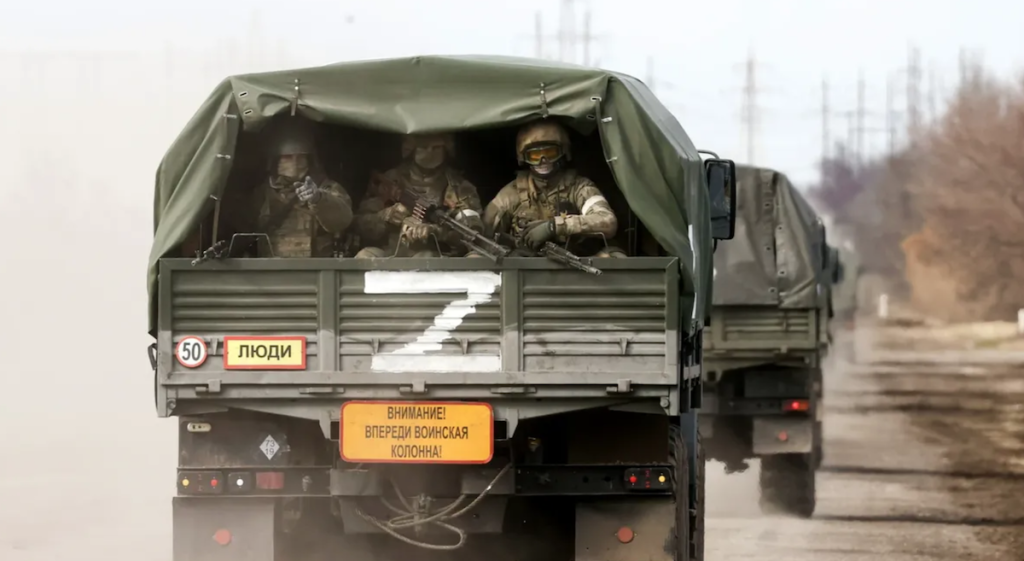
“He spent three days in Perm, and then the commanders from Ussuriysk arrived and took him there”, says the grandmother. “They said: you will, they say, serve in the autobat, you can learn to be a driver, for a category. They immediately offered a contract, he called and said he wanted to sign it. I said: “Do not sign in any case”. And what?, he asked. They promised to pay big money, I will get a rank, I will learn. Well, I signed it”.
Grandmother does not remember what allowances were promised in the army to her grandson, but the money was good for their Perm Oblast. She remembers that the money was still supposed to depend on the type of troops:
“If the grenade launcher – less, and if in the motorized rifle – more.”
“But in fact, the salary was small: first 18,000 (about $ 165), then 24,000 (about $ 220) – this is not at all what he was promised”, continues the grandmother. “They lived in the barracks, but there wasn’t even much light there. Then he began to live in an apartment with friends, and then he had to pay 5,000 for an apartment. You had to buy the uniform yourself. All these stripes are theirs – they also buy them themselves. They also handed over money all the time – for one thing or another: for gasoline, for some kind of posters, and all that. He did not have enough money, I helped. He said: “Grandma, I’m so tired of it all, I want to terminate the contract”. For some reason, he couldn’t do it.
In early January, Zhenya called his grandmother and said that they were being sent to Belarus for exercises. In February, she found out that her grandson was in Belarus, he wrote her an SMS from there. Calling home was very expensive for him. He couldn’t explain much in text messages and Alevtina Leonidovna cannot see well.
“I wrote to him: “Zhenya, where are you, how are you?” And he replied: “We are at a concert.” Which concert? Before that, he also wrote that they were in Belarus, and then already – that they were near the border of Belarus and Ukraine. There has been no more news from him”.










